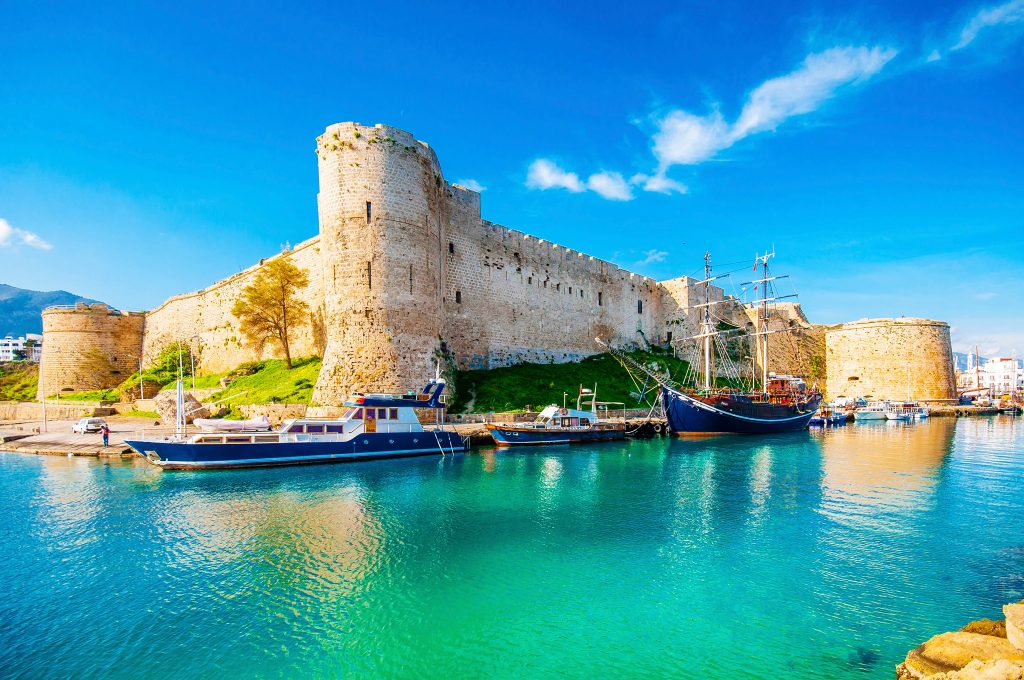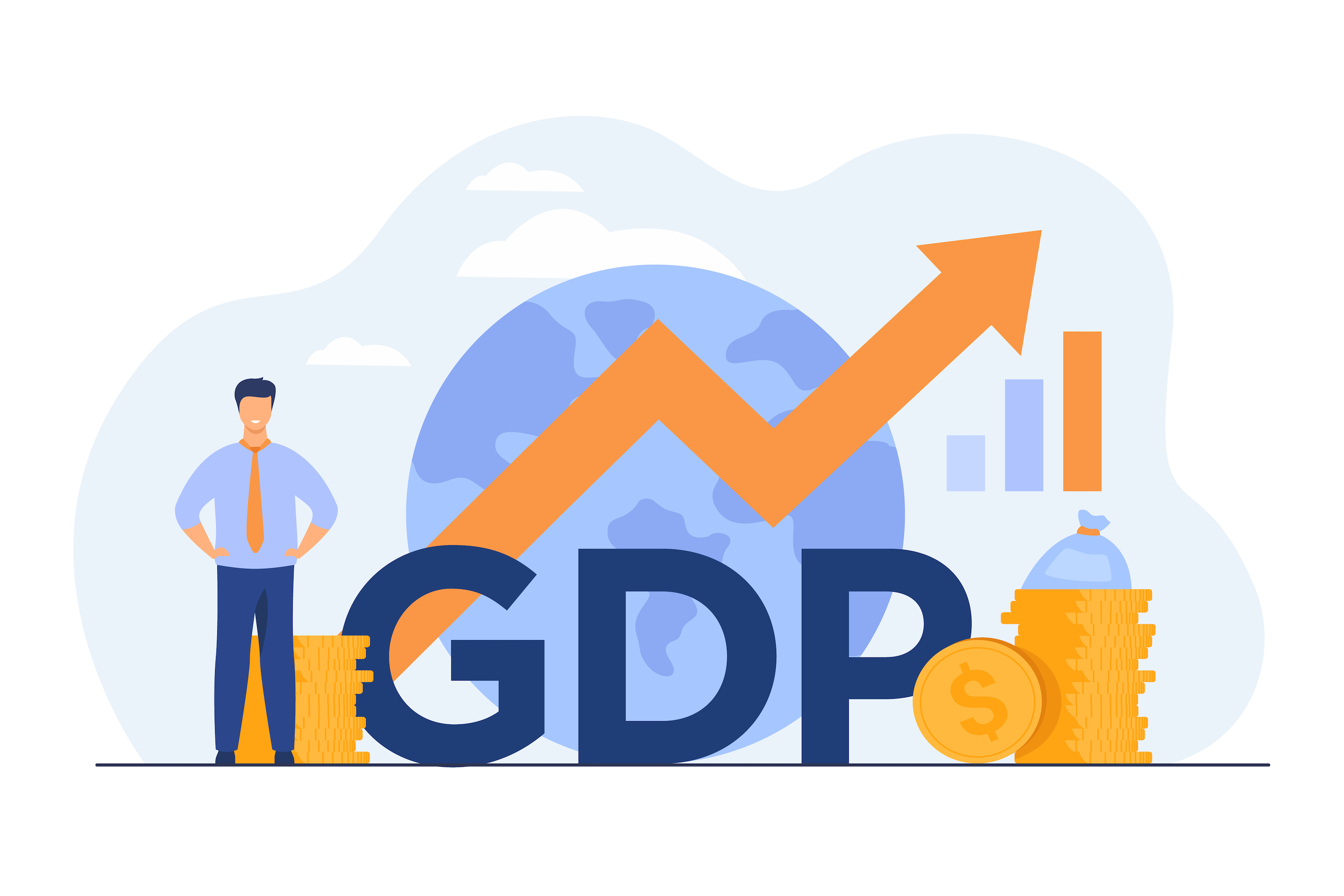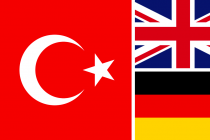The gross domestic product (GDP) for the Turkish Republic of North Cyprus (TRNC) rose significantly last year, with economic output doing better than pre-Covid.
Figures released by the TRNC Statistics Institute show that GDP grew by 13.3% in 2022, with a total GDP of 73.8 billion TL (£2.2 billion) for the year. Due to the low value of the Turkish lira, however, this translates to the per capita GDP equivalent of $14,636 (£11,999).
The TRNC’s largest economic sector tourism saw a full revival from the difficult pandemic years, up by 41% compared to 2021 figures. Tourism contributed to nearly a third (31%) of the country’s total GDP.
The next big growth areas were in import taxes, up by 34.8% in 2022, contributing 8.3% of the TRNC’s GDP. The next biggest increase was in the transportation and communications sector, which grew by 25.9% and produced 9.3% of the country’s GDP last year.
The public sector generated 11.5% of North Cyprus’ GDP in 2022, the finance sector 7.1%, the self-employed 6.9%, agriculture 6.6%, construction 5.8%, and 5.4% and 5.0% from industry and home ownership respectively.
The figures will be good news for the TRNC government and businesses following several difficult years due to the impact of Covid-19. The TRNC economy had shrunk by 16.2% in 2020, with GDP totalling 21.4 billion TL (£1.9 billion).
It grew slightly, by 3.9 percent, in 2021, according to previously released data by the TRNC Statistics Institute. The total GDP for 2021 was 30.1 billion TL (£1.3 billion), equivalent to $11,129 dollars (£9,124) per capita GDP.
The TRNC’s highest recorded per capita GDP was for 2013, worth $15,302 dollars.
According to the Cyprus Mail, South Cyprus’ GDP currently stands at US$28.4 billion (£23.2 billion), which translates to US€31,552 (£25,868) per capita.
What is GDP?
Gross domestic product (GDP) is usually defined as the total monetary or market value of all the finished goods and services produced within a country’s borders over a specified period of time. It is broadly regarded as good indicator of the economic health of any given country.





